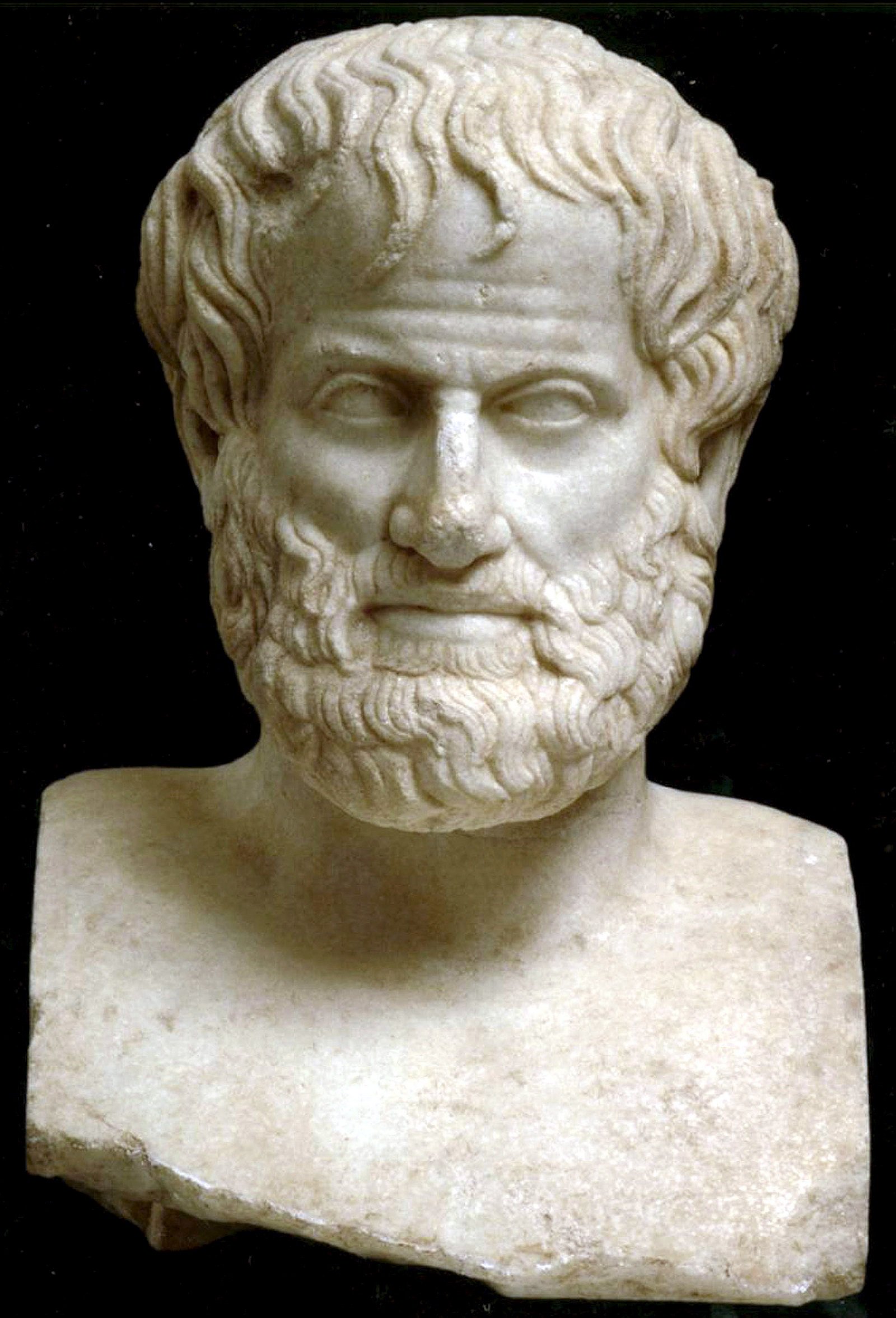Ask 100 people what American business needs most and you’ll get 101 different answers (somebody will change his or her mind before you finish). They’ll cover the gamut from taxes (usually less) to environmental protection (usually more) and government regulation (more or less).
Every response will be valid for some company in some industry sometime and somewhere in America. Business is organic – it grows, it migrates, it evolves and it competes. And at no time in America’s history has business been more engaged in all four of those actions. It’s impossible to capture a snapshot of American business that’s valid beyond the next coffee break.
Businesses in America are not as desperate for more technical advances or marketing innovations as they are for higher measures of trust, in every sector and at every level. Customer trust in the quality, performance and value of the products and services they purchase. Employee and supplier trust in the ability and intent of businesses to meet their commitment. And public trust that businesses will treat the communities in which they’re located with respect and openness.
Too many business executives ignore the fact that profit is transient but bad reputations are eternal. Or almost.
I don’t see enough trust in businesses today. Instead, I see packaged goods companies cutting the size of their products without reducing the cost… communication suppliers using pressure techniques to promote services customers don’t need… top executives paying themselves excessive salaries while denying earned employee benefits… and other activities that range from questionable to fraudulent.
I am not tarring every American business with the same brush. You and I can both name firms whose reputation for fairness is celebrated. There’s just not enough of them.
I take this position not as a smug tenured academic, removed from hard business demands like overhead costs, debt obligations and personnel concerns. When I retired I had built a national company from the entrepreneurial raw materials of vision, ambition and toil. I had several goals in mind, but overriding them all was simply to make a profit.
Which brings me to Aristotle.
More than two millennia ago, the wise Greek philosopher wrote: We are not studying to know what virtue is, but to become good, otherwise there would be no profit in it.
I doubt that Aristotle’s description of profit was related to the goals of every Wall Street investor, but his point is similar. Profit may be defined as a benefit, and surely there are few benefits more rewarding in the long run than trust. Unfortunately, some business people are convinced that building trust takes a back seat to the short-term goal of recouping a fat profit, often with troubling results. Here are three examples of that kind of thinking – two negative and one encouraging:
Focusing on targets to the exclusion of values. Several years ago a major American retailer whose service included auto repairs set a mandatory sales goal of $147 per hour for its mechanics. This was fine, but the target was set without inserting ground rules for the mechanics’ ethical behaviour. Soon the company was deluged with customer complaints about being overcharged for service, or claims that unnecessary work had been performed on their cars. Most were proven valid, indicating that the company’s mechanics and managers chose to pursue the sales target without regard to ethics.
The lesson was clear: Setting sales targets is fine. Setting them without applying widely accepted and honored values invites disaster.
Ignoring values that don’t match. A company that promises high standards of unbending quality in its food or pharmaceuticals, while setting tough production deadlines with penalties on employees who fail to meet them, is asking for trouble. Attempting to do both without a broadly based and supported system of ethics is beyond impractical – it’s impossible.
Forgetting that trust is a two-way street. Trust begins in the boardroom and extends to the marketplace, and failing to build trust in employees makes it difficult to build trust among customers. It’s also beyond difficult to inject trust into a situation after the fact. Fortunately, alert corporations respond to situations in which they can build trust with both customers and employees. Like Walmart.
Walmart demonstrated this axiom during the aftermath of Hurricane Katrina, when it awarded local managers the freedom to dispense medicines, bandages and other items to hospitals and clinics in the New Orleans region. Managers were also entrusted to donate inventory to local shelters crowded with residents lacking food and shelter. This was no off-the-cuff decision. Walmart had built confidence among its employees to Do The Right Thing in times of crises, and they did. Thanks to this policy of building trust within the firm, Walmart polished its image and built public trust in its dedication to the community.
When faced with a new or challenging concept, the common response is to ask, “What’s in it for me?” Business leaders may tend to measure the impact on the bottom line exclusively. But in an era where public trust in many sectors – including government – is rapidly eroding, we should all assess the impact of our actions not just on building a better bottom line but on building wider, deeper trust in American business generally.
Or else, as that Greek deep thinker of 400 BC asked, where’s the profit in it?
———–
Donald Lee Sheppard is author of the book The Dividends of Decency: How Values-Based Leadership Will Help Business Flourish In Trump’s America. He emerged from humble beginnings in a Northern Ontario mining town to become a leader in employee benefits consulting and communications. During his career he rapidly rose through the ranks of companies such as Manulife, William M. Mercer, and Johnson & Higgins. Later, Sheppard built and sold his own employee communications consulting firm, Sheppard Associates. Currently the CEO of Sheppard Properties, LLC, he is actively involved in a host of charitable ventures. He pedaled coast-to-coast in a cross-country cycling fundraiser and has had a significant positive impact on youth soccer in America, receiving several awards for outstanding community service.
Thanks for reading CPA Practice Advisor!
Subscribe Already registered? Log In
Need more information? Read the FAQs




